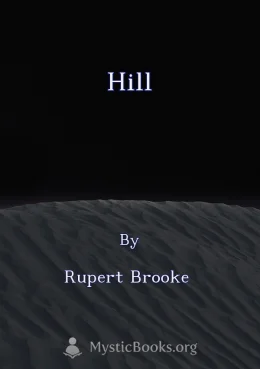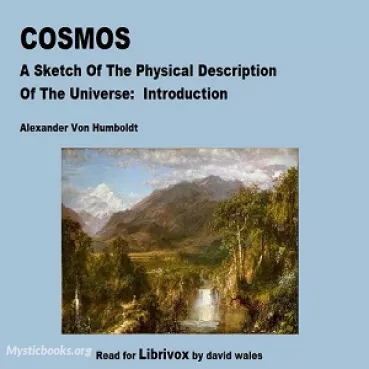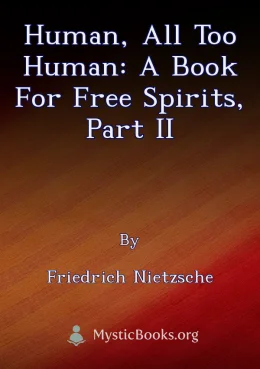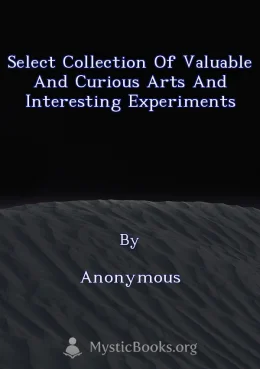
A Treatise Concerning the Principles of Human Knowledge
'A Treatise Concerning the Principles of Human Knowledge' Summary
George Berkeley's A Treatise Concerning the Principles of Human Knowledge is a foundational work of idealism, a philosophical school of thought that posits that reality consists only of minds and their ideas. Berkeley argues that the physical world does not exist independently of the perceiving mind, and that all that we know are our own ideas and sensations.
Berkeley's argument begins with an examination of the nature of perception. He argues that all that we can directly perceive are our own ideas and sensations. We cannot perceive the physical objects themselves, only the ideas that we have of them. For example, when we see an apple, we do not see the apple itself, but rather the idea of an apple that is in our minds.
Berkeley then argues that it is impossible to conceive of a material object without also conceiving of a mind to perceive it. He writes:
"It is indeed an opinion strangely prevailing amongst men, that houses, mountains, rivers, and in a word all sensible objects have an existence, natural or real, distinct from their being perceived by the understanding."
However, Berkeley argues that this opinion is false. He writes:
"For how can that which is perceived by the senses exist unperceived? Is it not plainly repugnant that any one thing should have an existence distinct from the existence of a perceiving mind?"
Berkeley concludes that there is no need to posit the existence of a material world beyond our minds to explain our experiences. Our experiences can be fully explained by the existence of our own minds and the ideas that we have.
Berkeley's philosophy has a number of implications for our understanding of the world and our place in it. For one, it suggests that the world is not as objective and fixed as we might think. Our experience of the world is shaped by our own minds and our own ideas. Additionally, Berkeley's philosophy suggests that we are all more interconnected than we might realize. Since the physical world does not exist independently of the perceiving mind, we are all essentially connected to each other through our shared ideas.
A Treatise Concerning the Principles of Human Knowledge is a challenging but rewarding read. It is an essential text for anyone interested in philosophy, epistemology, or the nature of reality.
Essence and Spirit of the Book
Berkeley's A Treatise Concerning the Principles of Human Knowledge is a work of profound philosophical insight. It challenges us to rethink our assumptions about the nature of reality and our place in it. Berkeley's argument is not easy to follow, but it is worth the effort. It is a work that can stay with you long after you finish reading it.
The essence and spirit of Berkeley's book is captured in the following passage:
"Some truths there are so near and obvious to the mind, that a man need only open his eyes to see them. Such I take this important one to be, viz. that all the choir of heaven and furniture of the earth, in a word all things that are commonly said to exist, are nothing else but so many ideas which the infinite mind perceives, and that they have no existence distinct from that perception."
Berkeley is inviting us to see the world in a new way. He is asking us to question our assumptions about reality and to open our minds to new possibilities.
Conclusion
George Berkeley's A Treatise Concerning the Principles of Human Knowledge is a foundational work of idealism. It is a challenging but rewarding read that can change the way you think about the world and your place in it. If you are interested in philosophy, epistemology, or the nature of reality, I highly recommend reading this book.
Book Details
Language
EnglishOriginal Language
EnglishPublished In
1710Genre/Category
Tags/Keywords
Authors

George Berkeley – known as Bishop Berkeley (Bishop of Cloyne of the Anglican Church of Ireland) – was an Anglo-Irish philosopher whose primary achievement was the advancement of a theory h...
Books by George BerkeleyDownload eBooks
Listen/Download Audiobook
Related books

A Treatise on the True Devotion to the Blessed Virgin by St. Louis de Montfort
True Devotion to Mary is a treatise of what it means to have devotion to Our Lady. Montfort goes through the various aspects of this devotion explaini...

Poems by Mary Coleridge
This posthumous collection of poems by Mary Coleridge showcases her diverse poetic talents. Her verses range from meditative and introspective to joyo...

Hill by Rupert Brooke
Rupert Brooke's "The Hill" is a poignant sonnet written during the early stages of World War I. The poem embodies the romanticized and idealistic view...

Cosmos: A Sketch of a Physical Description of The Universe: Introduction by Alexander von Humboldt
Embark on a captivating journey through the cosmos with Alexander von Humboldt's groundbreaking work, 'Cosmos: A Sketch of a Physical Description of T...

Of Peace of Mind by Seneca
How to maintain a tranquil mind amongst social upheaval and turmoil, addressed to Serenus.

Where No Fear Was: A Book About Fear by Arthur Christopher Benson
Do you ever feel like fear is holding you back from living your best life? Benson argues that fear is a natural human emotion, but that it can be par...

Human, All Too Human: A Book For Free Spirits, Part II by Friedrich Nietzsche
Human, All Too Human is a collection of aphorisms by Friedrich Nietzsche, where he explores various facets of human nature and existence. Nietzsche's...

Сказки by Mikhail Saltykov-Shchedrin
Сказочный цикл Салтыкова-Щедрина создавался писателем на протяжении 18 лет - с 1869 по 1886 год. Каждая из сказок Щедрина — законченное произведение....

Select Collection of Valuable and Curious Arts and Interesting Experiments by Anonymous
This book is a collection of valuable and curious arts, interesting experiments, and educational projects. Compiled by Rufus Tuttle, it was submitted...

The Essence of Christianity by Ludwig Feuerbach
This book is the foundation of modern atheism. There is scarcely any argument used today by atheists against the existence of God that Feuerbach had n...
Reviews for A Treatise Concerning the Principles of Human Knowledge
No reviews posted or approved, yet...